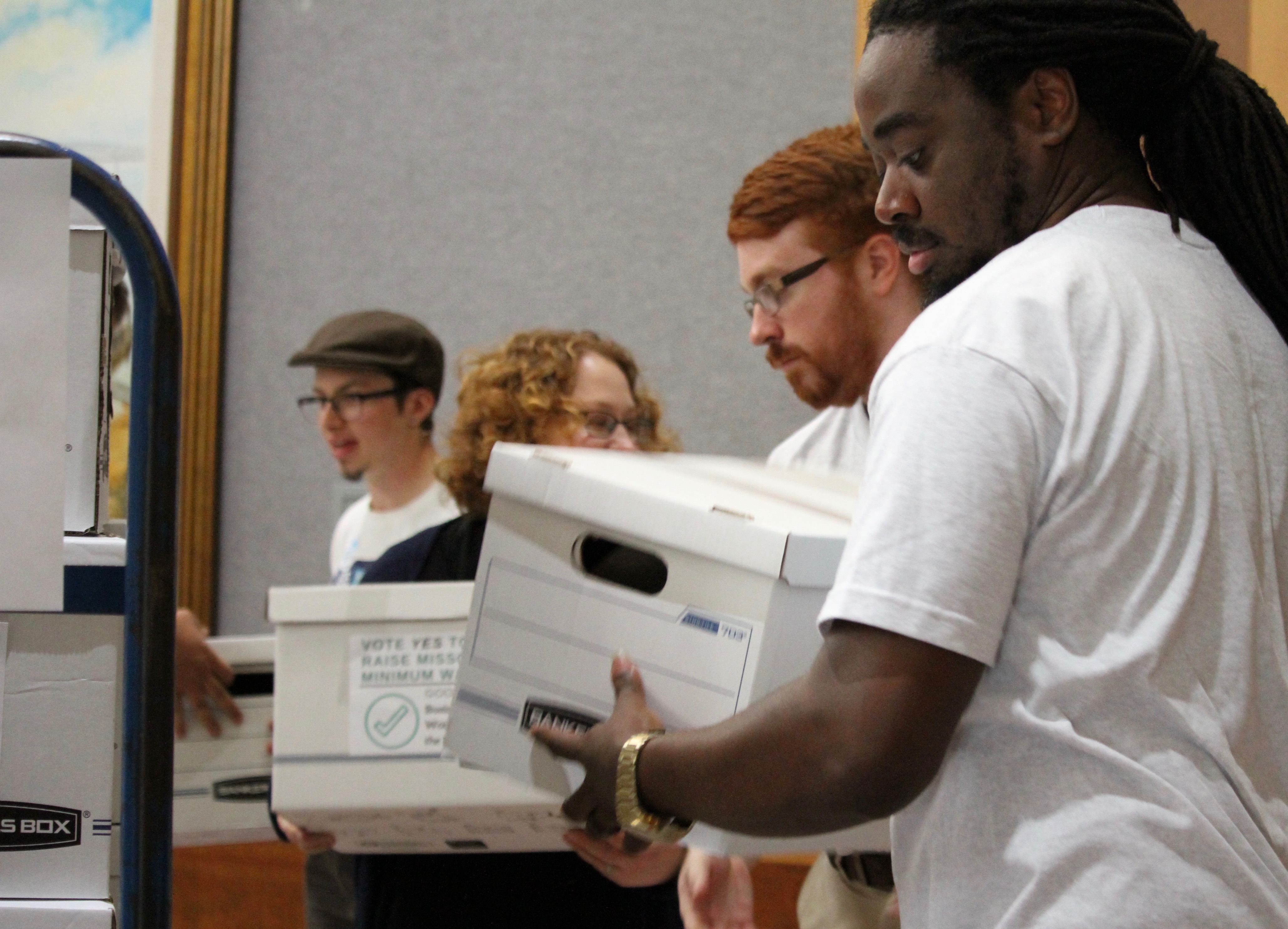JEFFERSON CITY, Mo. — A bevy of citizen petitions, including automatic voter registration and minimum sentencing requirements, received approval to start the signature collection process.
This week, Secretary of State Jay Ashcroft approved 15 initiative petitions for circulation, which brings the total number measures authorized to gather signatures up to 38.
Shetova Hayes filed Petition 2020-092. The measure seeks to alter Missouri law regarding minimum prison terms for those found guilty of a dangerous felony. The amendment would be retroactive to August 28, 1994, and allow first time offenders to serve a minimum of 50 percent of their court sentence. The state auditor’s office estimates no additional costs with the possibility of savings.
The majority of the initiative petitions — 14 — where filed by St. Louis Attorney Mary Anne Sedey. All are related to voter registration and similar in nature.
One version asks voters to amend the constitution to establish automatic voter registration of individuals at least 16 years old from state agency lists, allow voting by mail, allow voters to use the wrong ballot, and allow voters to vote at the wrong polling place. The state auditor’s office estimates it would cost the state at least $1 million and local governments $181,000 per election.
Another version seeks to establish automatic voter registration of adults from state agency lists, allow voting by mail, and for voters to use the wrong ballot and appear at the wrong polling place. The state auditor’s office estimates it would cost the state at least $1 million and local governments $84,000 per election.
In total, a total of 104 initiative petitions have been submitted to the Secretary of State’s Office. In total, four petitions are accepting comments, four are closed for comment, 38 have been approved to circulate, 41 have been rejected, and 18 have been withdrawn.
Before circulating petitions for signatures, state law requires groups must first have the form of their petition approved by the Secretary of State’s Office. The office then has 23 days after the formation of the petition is approved to draft ballot summary language. Every proposal received by the Secretary of State’s Office is sent to the Auditor’s Office and the Attorney General’s Office.
Petitioners have until May 3, 2020, to deliver signed petitions to the Secretary of State’s Office. Proposed constitutional changes must be signed by 8 percent of legal voters in any six of the eight congressional districts, which amounts to a minimum of 160,199 signatures. Proposed statutory changes — none to date have been approved for circulation — must be signed by five percent of legal voters in any six of the eight congressional districts, which amounts to a minimum of 100,126 signatures.
More about the initiative petition process can be found on Secretary of State’s website.
This article is part of a periodic update on the initiative petition process. Other stories in the series can be found here.

Alisha Shurr was a reporter for The Missouri Times and The Missouri Times Magazine. She joined The Missouri Times in January 2018 after working as a copy editor for her hometown newspaper in Southern Oregon. Alisha is a graduate of Kansas State University.













